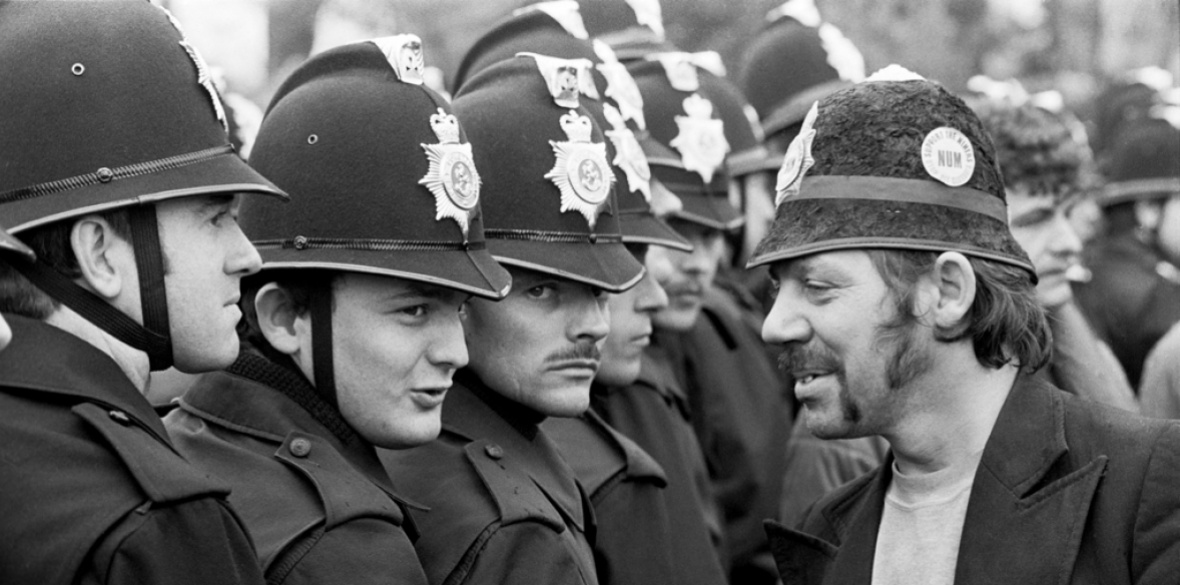This is the last article you can read this month
You can read more article this month
You can read more articles this month
Sorry your limit is up for this month
Reset on:
Please help support the Morning Star by subscribing here
IN THE four decades before his death at the age of 64 in 2012, Sheffield-based photojournalist Martin Jenkinson chronicled everyday lives in all their drama and detail and that's very much in evidence in the exhibition Who We Are in the city's Weston Park Museum.
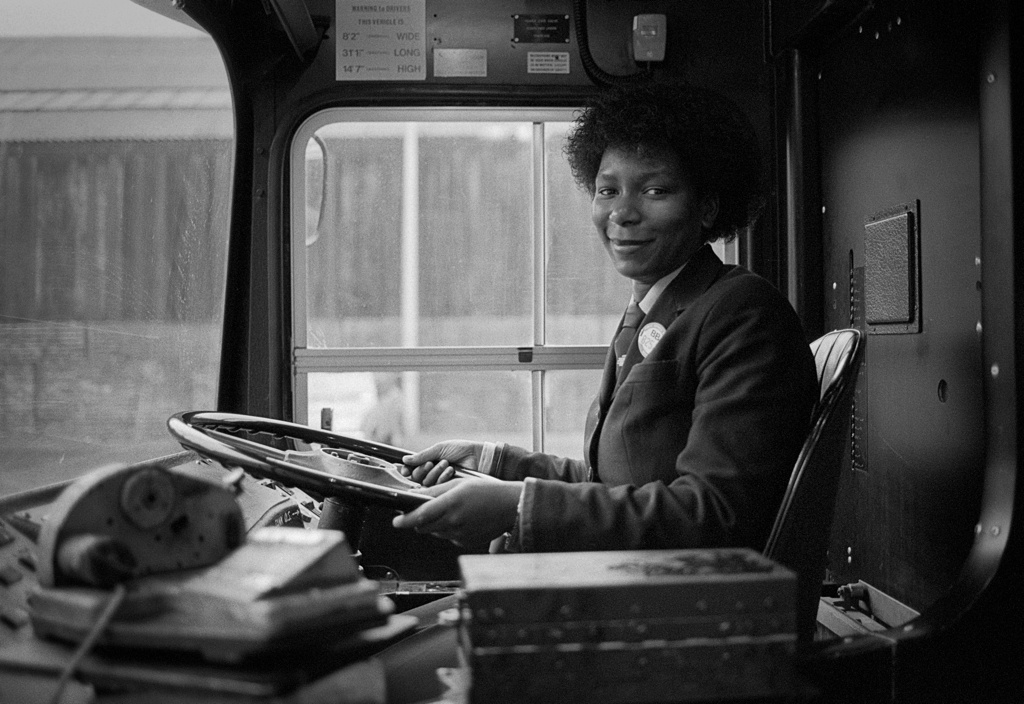
The first major retrospective of Jenkinson’s work, it celebrates what was a remarkable career and includes over 80 of his most compelling images.
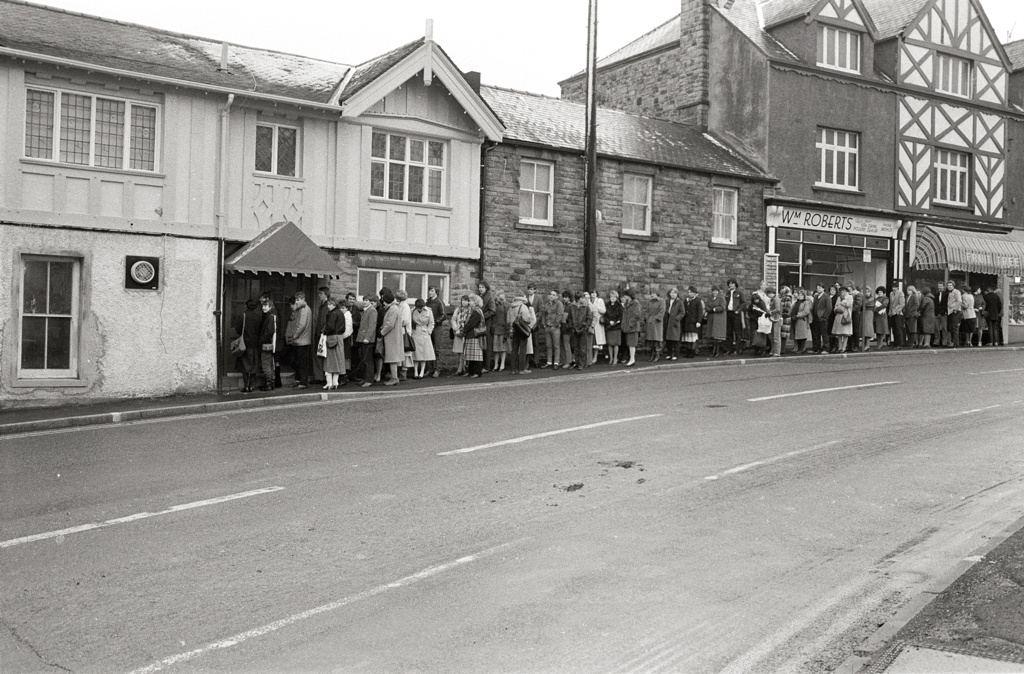
During the 1980s, Jenkinson's memorable photographs of British protests were widely published in the national press and union journals but his wider work was no less powerful. Each of the photographs he created, including many of Sheffield and its people, offered a candid insight into the city's communities.
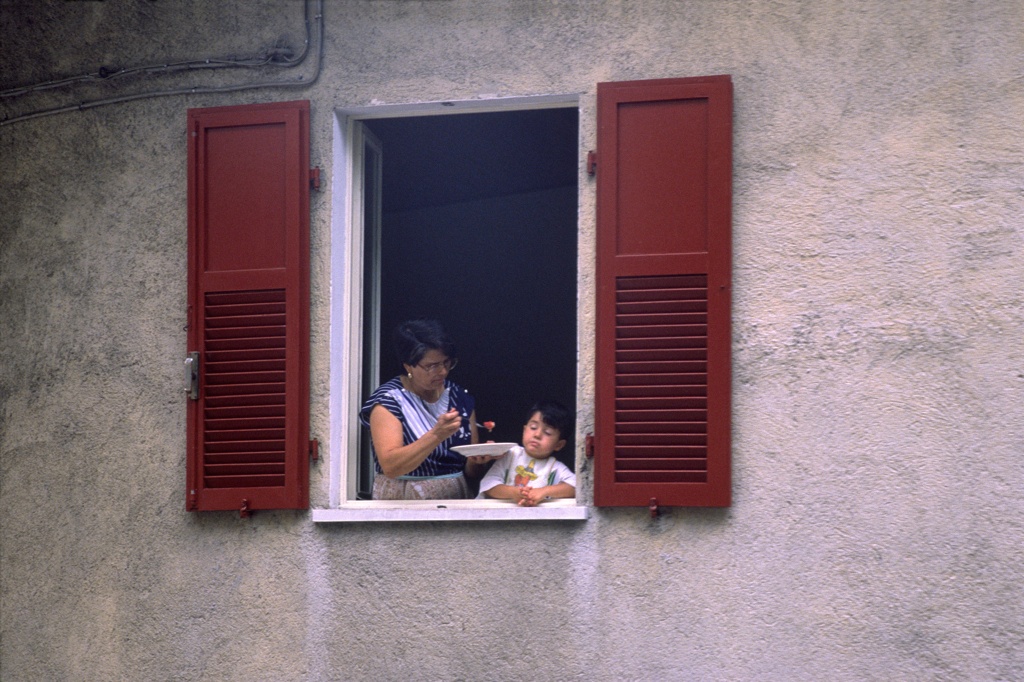
He had a strong sense of social justice, fairness and equality and was official photographer on the 1981 People’s March for Jobs and for Yorkshire Area NUM during the 1984-85 miner’s strike and was regularly commissioned by the National Union of Mineworkers and the National Union of Teachers, among many other unions.
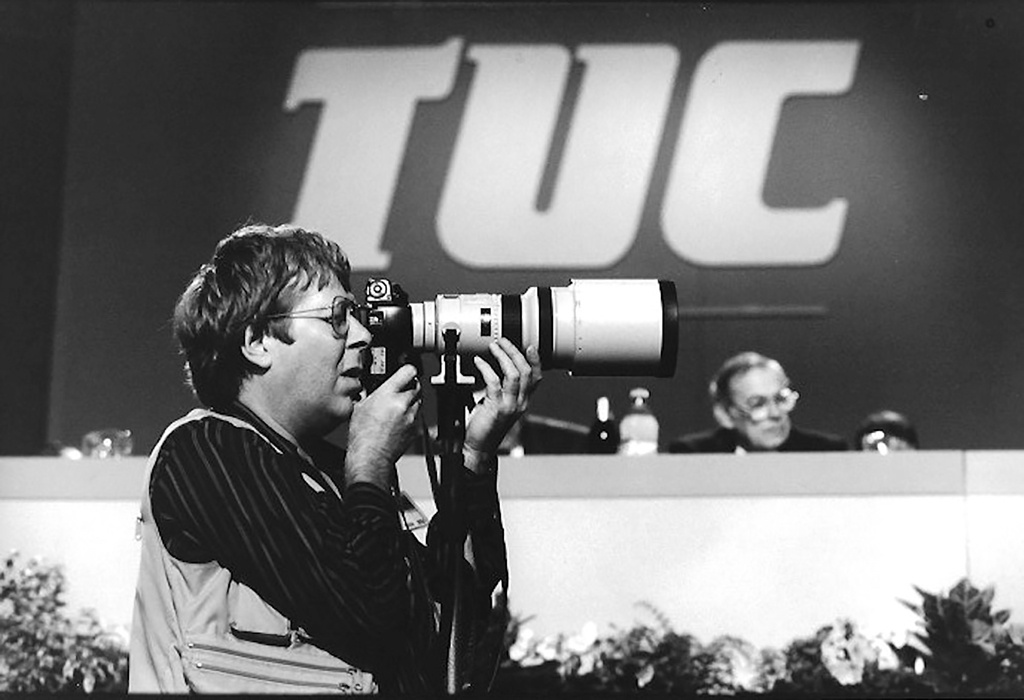
Jenkinson’s most recognisable protest images include his most well-known photograph, a miner wearing a toy policeman’s hat taken in 1984 during strike action at the Orgreave coking plant, and women rallying in support of the striking miners.
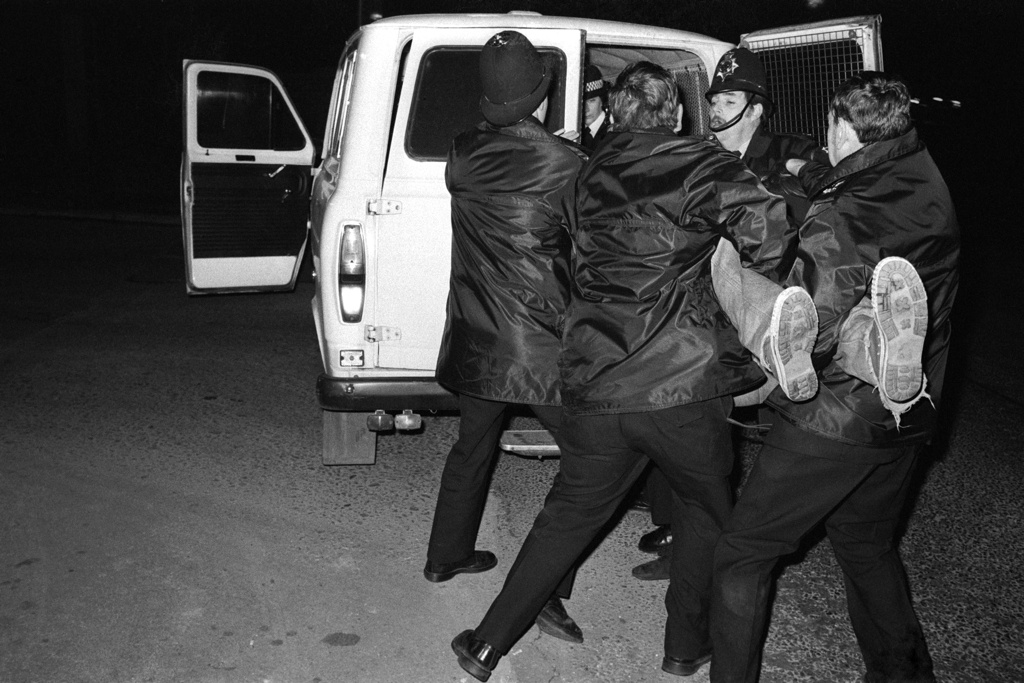
His photographs of Sheffield present an often moving and sometimes humorous portrait of the city and its people. Whether documenting its industry and those who worked in it, its landscapes or the familiar faces that have given it its character over the years offer an evocative window onto the city’s past.
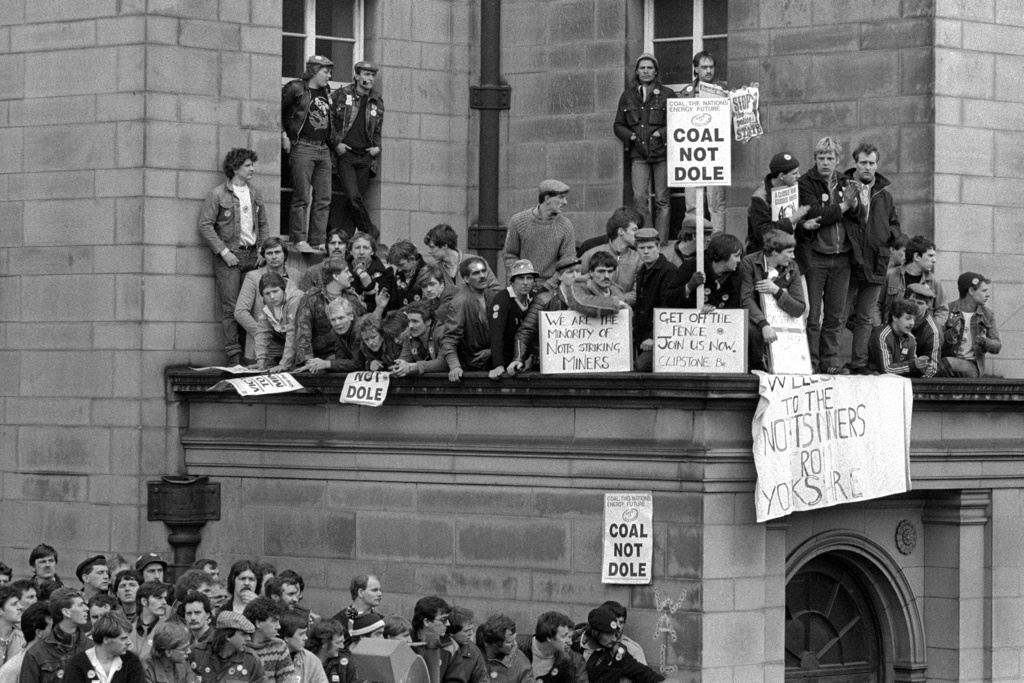
Included is a portrait of Maxine Duffat, South Yorkshire Passenger Transport’s first black woman bus driver, an image of the beloved Hole in the Road, a lost city landmark, and an impactful photograph of 1,500 people queuing to apply for 50 jobs at a new Sheffield restaurant in 1983.
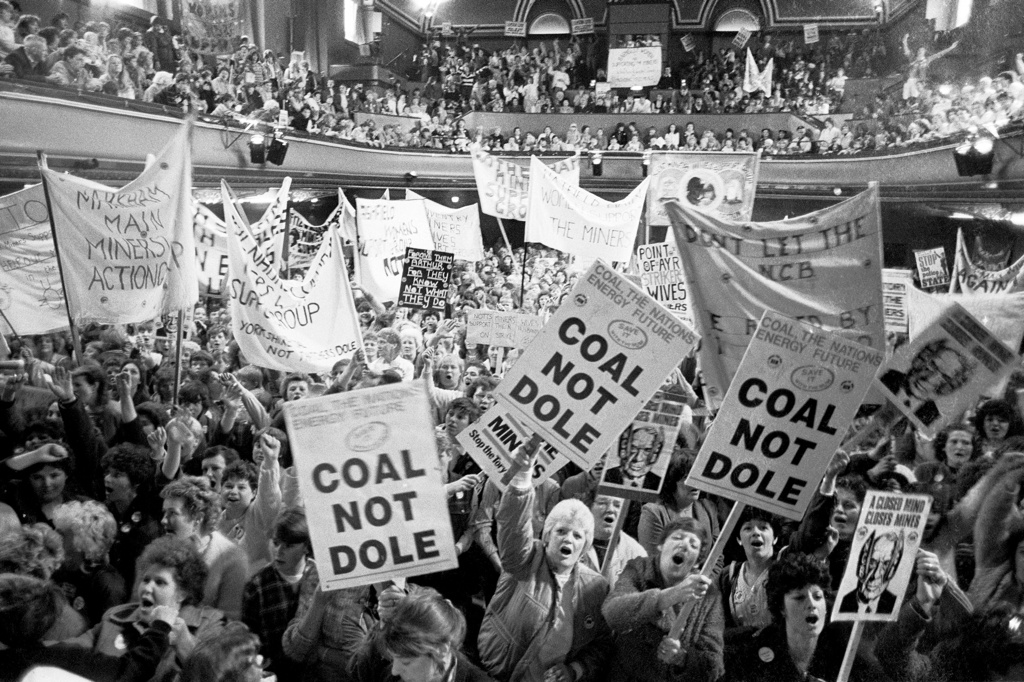
And there are images Jenkinson created on his travels, including the 1982 photograph of a butcher’s shop in a Palestinian refugee camp and a mother feeding a reluctant child, seen from a window in Italy.
Following his death, Jenkinson's work continues to resonate and this exhibition demonstrates that as well as being brilliant political photojournalism they show, in the words of his daughter Justine, “the breadth of his interest in people and their everyday lives in photographs that are moving, imaginative and artistic.”
Who We Are: Photographs by Martin Jenkinson is free and runs until April 14, opening times: museums-sheffield.org.uk.
